In modern pipeline engineering, API 5L LSAW steel pipe is an indispensable material. It is not only strong and durable, but also designed to cope with high-intensity and high-pressure environments such as oil and natural gas transportation and urban water supply. LSAW means "longitudinal double-sided submerged arc welding". This welding method ensures that the weld of the steel pipe is uniform and dense, can operate stably for a long time, and is not prone to leakage or rupture. In addition, this type of steel pipe also complies with the API 5L international standard, which means that its material, size, tolerance and performance have been strictly tested and can be safely used in various key projects, such as inter-provincial oil pipelines, natural gas trunk lines, water supply channels at water sources, etc.
What Is API 5L?
API 5L is a specification from the American Petroleum Institute for steel pipes used in oil, gas, and water transport. It covers two product levels—PSL1 and PSL2—with different technical requirements. API 5L includes various steel grades (e.g., X42 to X80) and supports sizes from 10.3 mm to 2134 mm in diameter, making it suitable for both onshore and offshore pipelines.
API 5L LSAW Steel Pipe Meaning
API 5L is an international standard developed by the American Petroleum Institute (API) for line pipes that are used in the oil and gas industry. LSAW pipes, a category under this standard, are created by welding a single steel plate along its longitudinal seam, making them perfect for high-pressure applications. These pipes are essential for transporting fluids over long distances, often in harsh environments, such as offshore or deepwater drilling operations.
Features and Specifications of LSAW Steel Pipe
Grades and Quality Levels
API 5L LSAW steel pipes come in two main product specification levels (PSL):
|
PSL Level
|
Description
|
|
PSL1
|
Suitable for general applications.
|
|
PSL2
|
Meets more stringent requirements, including higher material strength and additional testing for enhanced performance in severe environments.
|
The common grades available under API 5L include:
Gr.B (Grade B): Standard strength for most applications.
X65 or L450: A higher-strength grade often used in more demanding situations.
X65Q, X65M or L450Q, L450M: These grades offer improved mechanical properties and are used for challenging applications.
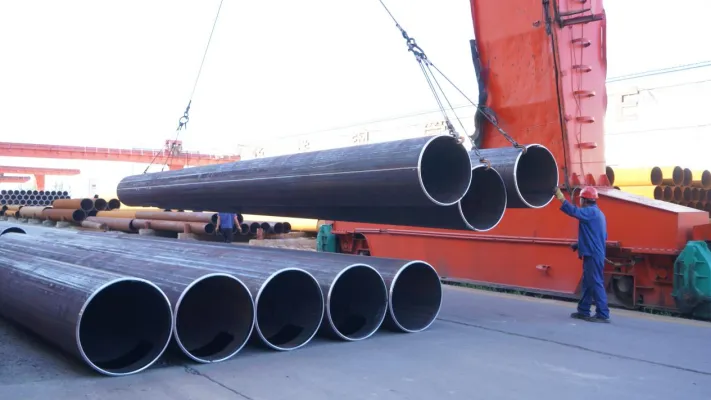
API 5L LSAW Dimensions and Wall Thickness
|
Outer Diameter
|
Wall Thickness
|
Length
|
End Configuration
|
|
219 mm to 1820 mm
|
5.0 mm to 50 mm
|
6 m to 18 m
|
Square ends (e.g., straight cut, saw cut, and torch cut) or beveled for welding
|
API 5L LSAW Chemical Composition
1.PSL1 Chemical Composition (for L245/Gr.B):
|
Element
|
Max Percentage
|
|
Carbon (C)
|
0.28%
|
|
Manganese (Mn)
|
1.20%
|
|
Phosphorus (P)
|
0.03%
|
|
Sulfur (S)
|
0.03%
|
2.PSL2 Chemical Composition (for L245R/Gr.BR):
|
Element
|
Max Percentage
|
|
Carbon (C)
|
0.24%
|
|
Silicon (Si)
|
0.40%
|
|
Manganese (Mn)
|
1.20%
|
|
Phosphorus (P)
|
0.03%
|
|
Sulfur (S)
|
0.03%
|
|
|
|
Other grades like L245Q/Gr.BQ and L245M/Gr.BM have additional alloying elements like Vanadium (V), Niobium (Nb), and Titanium (Ti) for enhanced strength and performance in specific applications.
Applications of API 5L LSAW Steel Pipes
API 5L LSAW steel pipes are used in a wide range of applications, particularly in the oil and gas industry. Some key uses include:
Oil and Gas Pipelines: Transporting oil, natural gas, and other fluids over long distances, often in extreme environments such as offshore fields or deepwater drilling operations.
Water and Sewage Lines: In some cases, these pipes are used for large-scale water distribution and sewage systems.
Industrial Applications: LSAW pipes are also used in various industrial applications where high-strength and corrosion-resistant pipes are required.
If you are looking to source API 5L LSAW steel pipes, feel free to contact us for further information or to place an order.






 English
English Español
Español بالعربية
بالعربية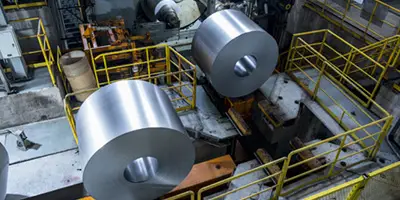
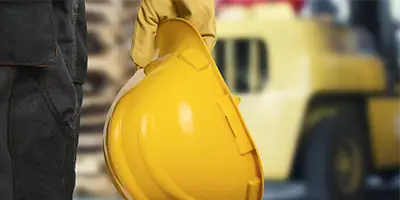
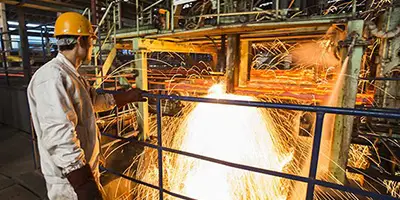
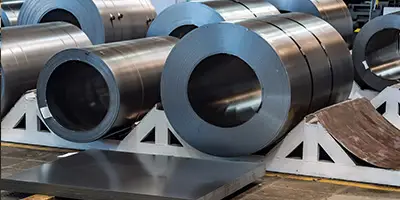

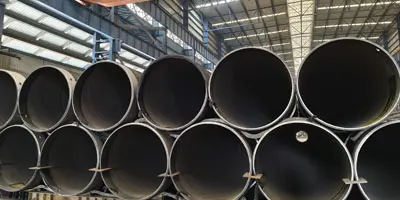
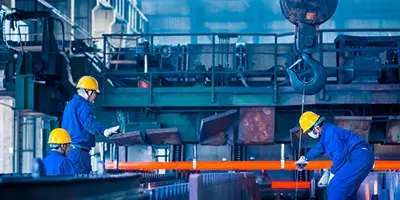
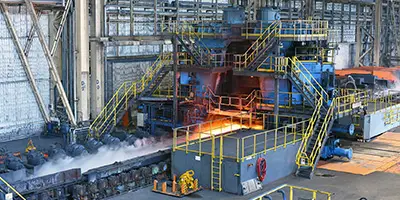
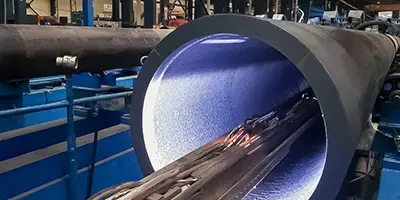
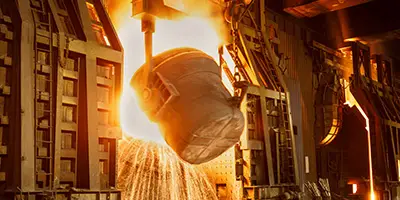


 Phone :
Phone :  Whatsapp :
Whatsapp :  Email :
Email : 


